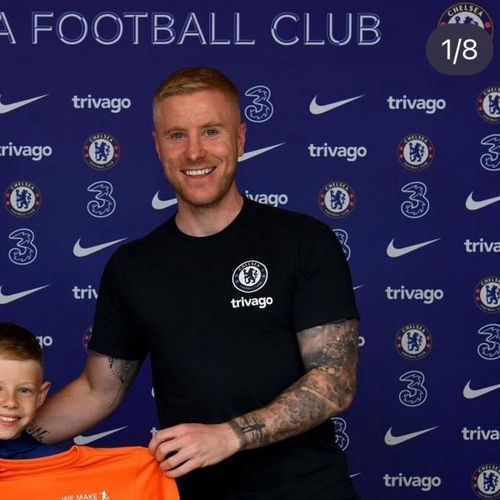
.jpg)
Soccer’s much more than chasing a ball and kicking goals. For kids, it’s often the first place they learn about teamwork, patience, and that sometimes you win... sometimes you don’t. If you’re looking for a friendly, welcoming spot where your child can have fun and pick up life-long skills, you’ve probably wondered: is there something nearby where they’ll feel safe, supported, and never left on the sidelines? Well, you’re not alone. Families across the USA are discovering how encouraging childhood development through sport—especially soccer—can bring joy, friendship, and confidence to growing kids.
Let’s be honest: every parent wants their child to feel happy and confident on and off the field. Soccer naturally brings this out. It teaches kids communication—shouting “I’m open!” or giggling with teammates. They pick up problem-solving when trying to outsmart a tricky defender. Most importantly, they discover something wonderful about themselves each time they lace up their boots: a sense of belonging.
You might notice your child starting to tidy up after practice or encourage a friend who missed the goal. All those little lessons? They come from learning through play. Soccer’s a safe testing ground for real life—and if you ask me, sometimes the best life coach comes in the shape of a slightly muddy soccer ball.
It’s easy to forget just how many skills kids develop running around a pitch. Here’s a quick breakdown of the four main groups coaches (and clubs like We Make Footballers) focus on:
Every session, a great coach’s goal is to help kids grow in all these areas—whether your child scores the winning goal, or just enjoys chasing butterflies by the corner flag.
Here’s the thing: not every soccer drill is right for every age. Trying to get four-year-olds to “run a lap” is like herding cats—adorable, but not what you hoped for. That’s why the best clubs use age-appropriate activities. Let me break it down:
The main aim? Let them have fun. Short, simple games work wonders:
The focus is more on play and adventure than strict skill-building. At this age, laughter’s the best measure of success.
.jpg)
Kids start to love the ball (and sometimes, showing off a little):
Now it’s time for more structure—but fun’s still the name of the game:
Older kids are craving challenge and independence. Think:
This is where things get intense, but not overwhelming:
Every family’s schedule (and child) is different. Sometimes, weekday evenings are a no-go, or you just want a low-pressure way for your child to get involved. The good news? There are tons of routes to soccer fun:
Honestly, the best resource is the one your child enjoys—and one you can rely on week after week.
Looking for “kids soccer camp near me”? Whether it’s through school, a local program, or organisations like We Make Footballers, there are regular sessions across the USA. Ask other parents, check your local community boards, or search online to find a session that fits your schedule.
Don’t forget to ask about:
Many clubs—including us—offer trial classes so your child can get a feel for it first. And if it feels right? That’s usually a sign you’re in the right place.
Ready to dig a little deeper? Check out these related blogs:
Sometimes, having a quick read over a cup of coffee makes everything feel a bit simpler.
Want first dibs on holiday camps, fresh tips, and fun stories? Pop your email or mobile number in below and never miss out. Parenting’s busy and sometimes wild—let us do the remembering, so you can focus on cheering from the sidelines (or sneaking a nap in the car—no judgment, we’ve all done it).
Sign up for our newsletter or text alerts, and let’s celebrate more happy, muddy, and confident soccer players together.